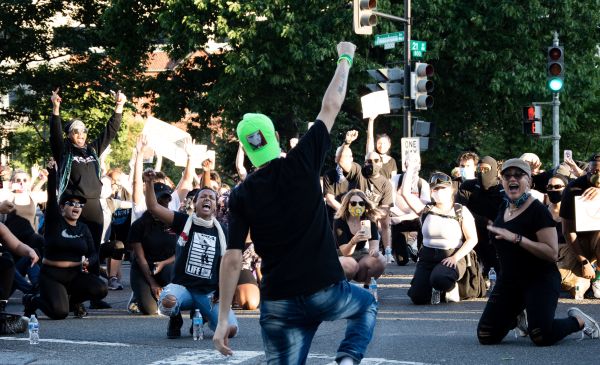Well, it’s official: Ryanair is the world’s most-disliked airline. Online travel guide TripAdvisor polled 4000 of its members and the Irish discount carrier was singled out as the one they like the least.
Before we start predicting the imminent decline of Ryanair, however, it is worth reviewing the value of popularity polls such as this. Drawing a correlation between general liking for a brand and future business success might seem sensible. In reality, liking is a largely irrelevant measure of brand success.
For starters, TripAdvisor sampled the general population. This kind of approach is valid only when gauging national opinion or predicting general-election results. Even the most mass-market of brands has a relatively selective target market from which it derives most of its sales and profits. These are the only people who matter.
In 2000, for example, when Budweiser launched it infamous ‘Whassssup’ campaign, two-thirds of the general population disliked the commercials. Who cared? More than half of the people in the target market, 18- to 24 year olds, loved the ads and that is what drove sales.
Indeed, it may even be an advantage to be disliked by the rest of the general population if it increases preference within your target segment.
During the 90s Nestle’s Yorkie bar was a generally well-liked, but under-performing, chocolate brand, with low recall and even lower market share. In 2002, when the brand declared itself ‘not for girls’, it managed to alienate half the population, but also increase awareness, liking and sales among the other half.
The lesson for brands is that liking is an overrated virtue. It is better to be loved passionately by a small (but profitable) minority and despised by the rest than to be generally, but weakly, liked by all.
When Marketing published the top 50 most-hated British brands, among the top 10 were The Sun, McDonald’s and Fiat. These brands all had something else in common: fantastic sales. The Sun is Britain’s bestselling daily paper, McDonald’s posted its best sales growth in the UK for several years, and Fiat is widely touted as a brand in turnaround.
Brand managers may talk about increasing preference among their target market, but their true motivation is usually low negatives among the masses. Yet the more one looks at marketing success, the more obvious it becomes that occasionally pissing off large tracts of the population may be no bad thing.
For most of the 90s, the ‘Daz doorstep challenge’, with Danny Baker, was Britain’s least-favorite ad, yet it did a sterling job of maintaining brand awareness and thus sales in a classic low-involvement category.
Similarly, listening to Jamster’s Crazy Frog anthem was one of the most unappealing experiences of 2005, yet the song topped the charts and became the year’s bestselling ring tone and second-most recognizable jingle.
It is time for marketers to cast off the flowery shackles of brand likeability and embrace their dark side. Take a page from the Ryanair manual of brand unpopularity and strive harder to insult and antagonize. Take inspiration from this column; while it is nice when someone writes in to agree with me, I am only truly delighted when my musings attract marketers’ ire.
From now on, stop asking how you can satisfy customer needs. Instead, ask how you can generally upset and rile as many people as possible. And if you don’t agree, comment and tell me what a loser I am.
30 SECONDS ON…TRIPADVISOR’S ANNUAL SURVEY
– Americans named American Airlines as their favorite airline; British Airways was rated top carrier globally.
– 24% of travelers won’t leave home without disinfectant/cleaning supplies, shower shoes, their own pillow, sheets, pillowcase and towels.
– 86% said that budget was an important consideration when booking their holiday, but 46% still spent beyond their budget.
– 20% of travelers have removed items from hotel rooms, including towels, bathrobes and glassware.
– 61% of travelers consider the threat of terrorism an important factor when traveling, up from 52% last year.
– The top three ‘hot’ destinations for 2007 are Pamukkale in Turkey, Parga in Greece and Ayr in Scotland.
– 16% of travelers check their work voicemail or email at least once a day while on holiday.
The Blake Project Can Help: The Brand Positioning Workshop
Change the trajectory of your future with a Mini MBA in Marketing and Brand Management delivered by renowned professor Mark Ritson.
Branding Strategy Insider is a service of The Blake Project: A strategic brand consultancy specializing in Brand Research, Brand Strategy, Brand Licensing and Brand Education




